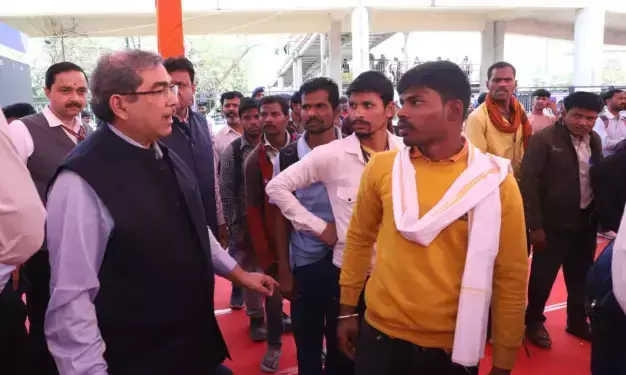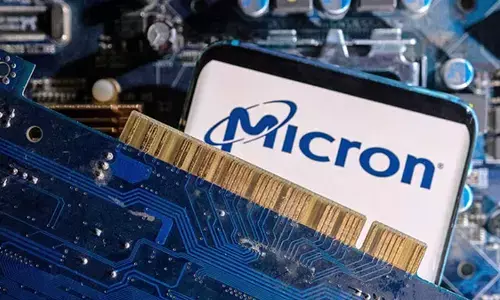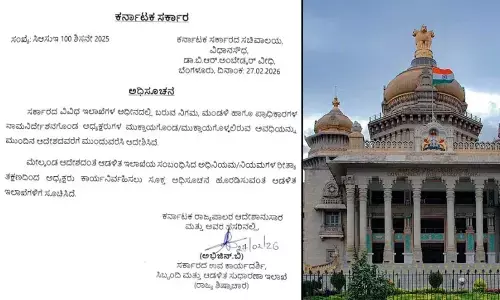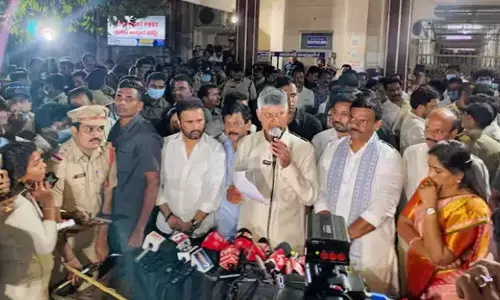Demonetisation: Just the start of strong-willed measures
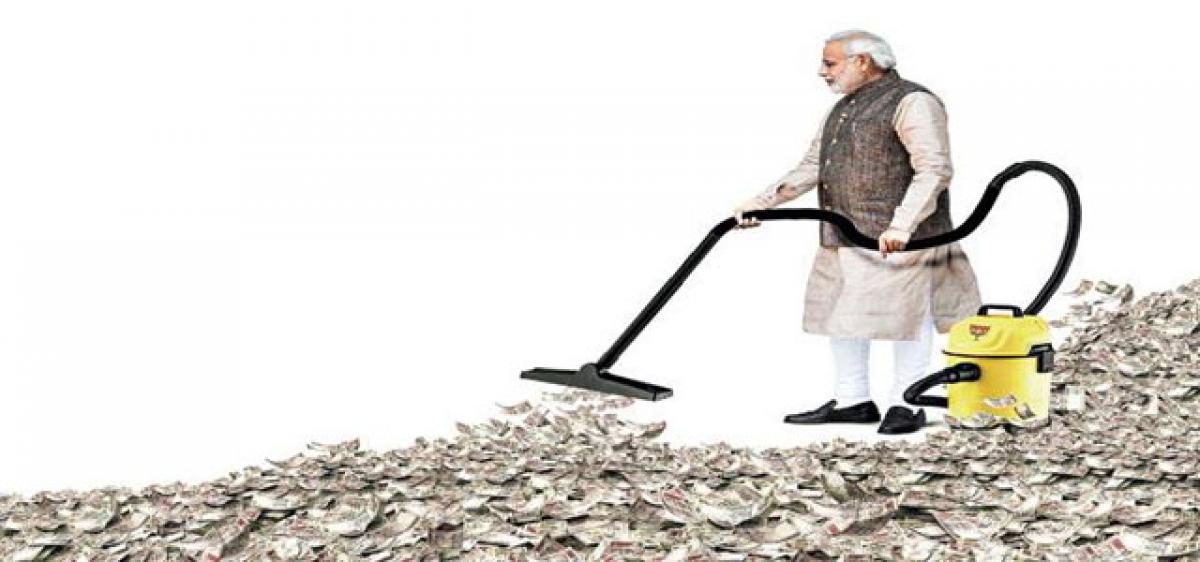
The Congress allegation that the demonetisation of Rs 500 and Rs 1000 currency notes is just a ploy by Modi to cover his failure to deliver on his election promise of cracking down on black money doesn’t really hold good.
The Congress allegation that the demonetisation of Rs 500 and Rs 1000 currency notes is just a ploy by Modi to cover his failure to deliver on his election promise of cracking down on black money doesn’t really hold good. Notwithstanding that the Prime Minister hasn’t kept his promise of bringing back Rs 80 lakh crore within 100 days of coming to power and to deposit Rs 15 lakh in every account, most economists believe that the step is in right direction and much-needed.
Immediate impact
- Fake notes, terror financing, hoarding of cash will be badly affected
- Move is deflationary; real estate index has already fallen by 13%
What needs focus
- High cash-to-GDP ratio of 12% needs to be brought down
- High cash transactions should be declared illegal
- Stamp duty and registration fees should be reduced
- Some savings accounts have huge money; source has to be looked into
- Special focus should be on those holding benami properties
- Structual and systemic deficiencies should be plugged
The World Bank, a few years back (in July 2010), estimated the size of shadow economy of the country as high as 20.7 per cent of GDP in 1999, which rose to 23.2 per cent in 2007 and may presently be around 27 to 28 per cent, if not more. The demonetisation of high currency notes may help curb the rise. Moreover, this is not the first time that such currency notes have been demonetised. In January 1978, the Morarji Desai-led Janata Party government had demonetised Rs 1000, Rs 5,000 and Rs 10,000 notes to curb black money.
However, there is a difference in the present decision. At that time, currency notes were used by the rich and super rich but presently most people, even the economically weaker sections, including daily labourers and very small traders (of kirana shops etc.) use Rs 500 currency notes quite shops frequently. Though there may be temporary difficulty for some sections, adjustment in the greater interest has to be undertaken.
Some economists have questioned the justification of the move in unearthing black money. According to Left economist, Prasenjit Bose, real estate, land, gold and investments in shares are the favoured options where the rich and the super rich park their unaccounted money. However, it has to be admitted that the move to curb high currency notes in circulation, will make a dent in black money market.
One can expect that the measure would affect those involved in printing fake notes, illegal terror funding, storing money for dubious purposes or evading taxes etc. as these have been gravely affecting the economy, both in the short and long term. Moreover, inflation is expected to come down. Already the reality index has fallen by around 12 to 13 per cent as this sector is notorious for the use of black money.
India is still one of the most cash-intensive economies in the world with a cash to GDP ratio of 12 per cent, about four times as much as other economies such as Brazil (3.93 per cent), Mexico (5.3 per cent) and South Africa ( 3.73 per cent), according to a report ‘Cost of Cash in India’, commissioned by Master Card. A boost to electronic payments would curb black money but India still being largely unbanked, the switch to plastic cards may take some time.
One has to admit the fight against black money has to be a continuous process and cannot end only by discontinuing high denomination notes. Earlier the Supreme Court appointed special investigation team had proposed a ban on cash transactions above Rs 3 lakh and to declare such transactions illegal.
As is well known, black money gets generated due to detection issues and structural problems in the economy. Stamp duty and registration fees are more than 6 to 7 per cent of the property value in our country and thus needs to be reduced to anything around 2 to 3 per cent to ensure that most transactions are carried out in white.
On the other hand, some savings accounts in banks have several lakhs and even crores of rupees which are never monitored. The source of these funds needs to be checked as well as whether these are shown in the returns of the individual and/or the company. While political parties have criticised Modi’s move, it is a well-known that black money plays a significant role during elections.
The sincerity in the Prime Minister’s move cannot but be appreciated. It needs to be mentioned here that the spread of black money clearly proves the dishonesty of the business class though we talk of ideals and refer to our great heritage. Unless basic honesty is inculcated among the business class and concerted efforts made by all sections of society, unearthing black money and rooting out corruption will not become a reality.
The government has already swung into action and the Enforcement Directorate and the Director General of Central Excise Intelligence (DGCEE) are conducting raids of unaccounted gold stocks, hawala operators etc. The present measure is just the start of more stringent action being contemplated by the NDA government to tackle the menace of black money.
Modi has already warned that after December-end stringent measures would be taken, adding that those faking to be clean should realise that he would “pore through documents dating back to independence” to certify their claims. According to him, the special focus would be to go after those holding benami properties. Apart from all this, if around 25-to 30 per cent of money hidden in overseas banks can be brought to the country, the government would have accomplished wonders.
By Dhurjati Mukherjee


